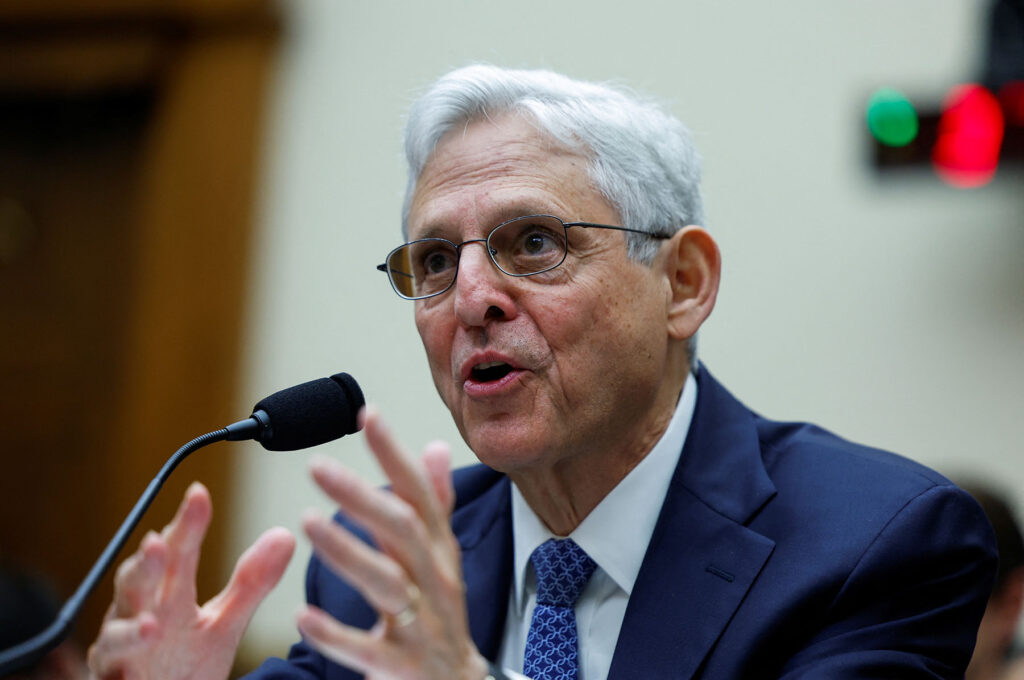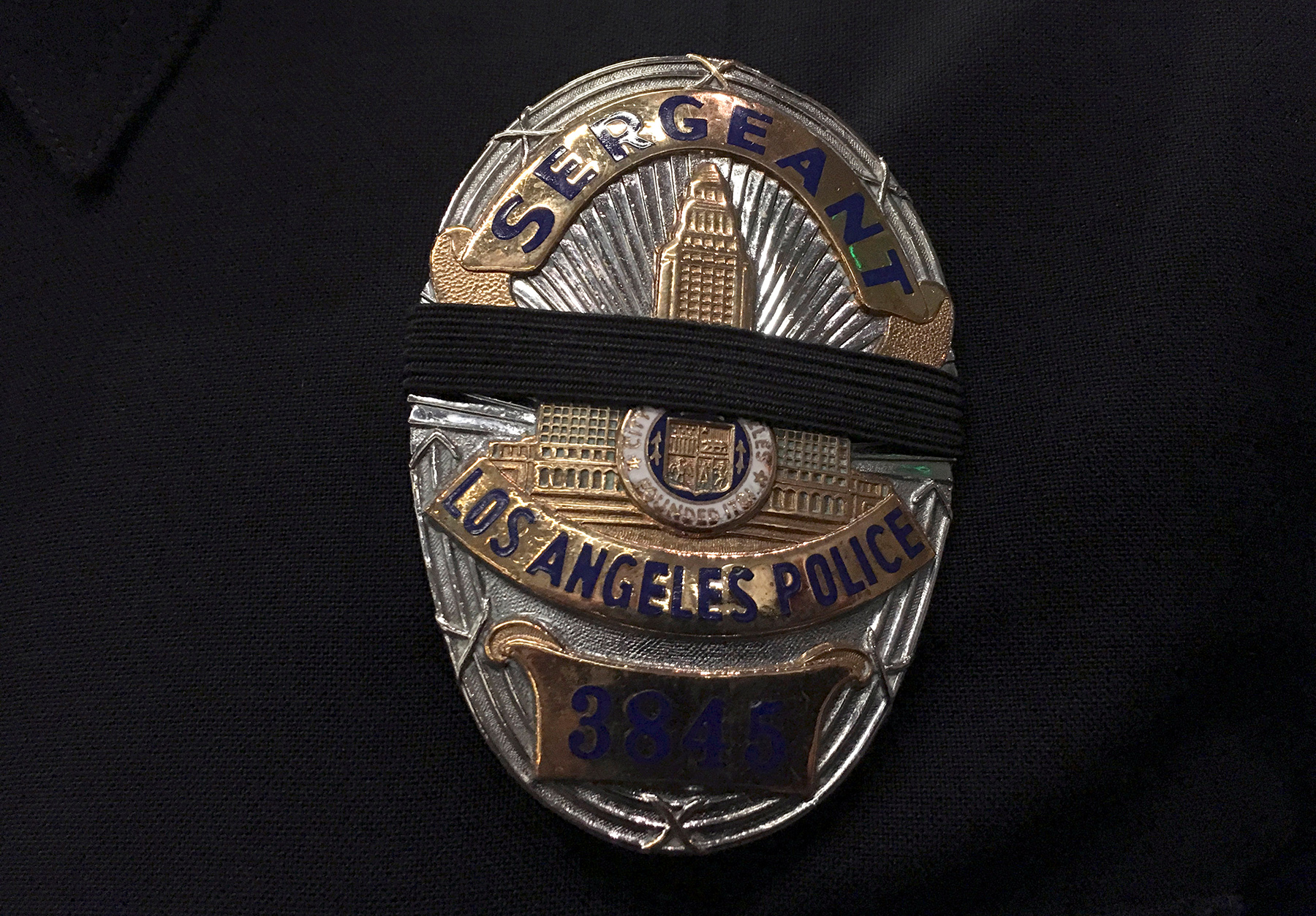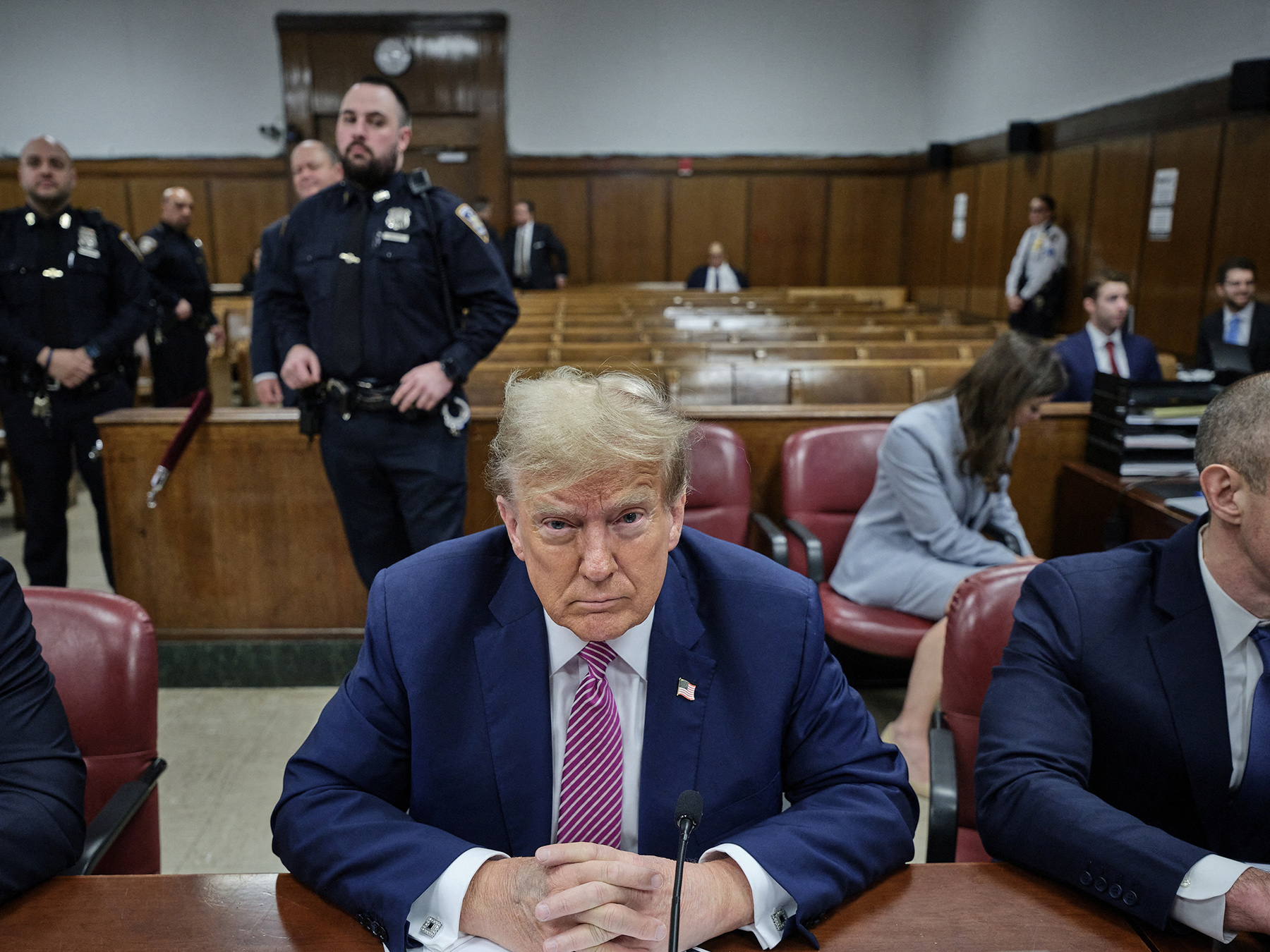Press freedom advocates sent a letter to Attorney General Merrick Garland on Wednesday calling for “greater transparency” from the Department of Justice regarding its raid of freelance journalist Tim Burke’s home.
FBI agents searched Burke’s home in May and seized several of Burke’s electronic devices used for newsgathering as part of an investigation into alleged computer crimes. But the affidavit used by the DOJ to obtain the search warrant remains sealed, leaving the legal justification for the raid unclear and raising concerns that it could undermine long standing press freedom protections.
“We implore the DOJ to release adequate information so that the public can understand the legal basis behind the seizure of Burke’s newsgathering materials and the processes that were followed to avoid undue interference with press freedom,” reads the letter, which was signed by more than 50 media organizations and press freedom groups, headlined by the Freedom of the Press Foundation, the First Amendment Foundation and the American Civil Liberties Union.
The press advocates expressed concern, especially in light of the recent raid on a small newspaper in Marion County, Kansas, over allegations of computer crimes, that the lack of clarity could chill lawful reporting.
“Journalists around the country are left uncertain about whether they could be prosecuted for acts of routine journalism on the mistaken grounds that they violated state or federal computer crime laws,” the press advocates wrote. “The government’s opposition to requests to unseal the probable cause affidavit submitted in connection with the warrant application, even if justified, leaves journalists unable to discern whether newsgathering activities they previously considered routine might trigger an investigation.”
The DOJ did not immediately respond to a request for comment.
Burke, who has previously reported for Deadspin and The Daily Beast, has not been charged with a crime but is reportedly under investigation for potential violations of the Computer Fraud and Abuse Act (CFFA) and wiretapping laws, which his attorney believes stems from Burke’s dissemination of unreleased interviews conducted by then-FOX News host Tucker Carlson. One of them, an unaired interview with Ye, the artist formerly known as Kanye West, made national headlines after VICE published video of Ye making anti-Semetic remarks in conversation with Carlson.
According to the letter, Burke claims he obtained the unaired portions of those interviews via a public website that anyone with the URL could access.
“He further contends that he logged into the live feed website where he found the publicly available URL using a user ID and password for a ‘demo account’ provided to him by a source,” the letter reads. “The source, he has said, found the credentials on a public website where the demo account holder posted them, without any restriction on their use.”
Mark Rasch, Burke’s attorney, said the case sets a “dangerous precedent for journalists.”
He argued that the action represents a “prior restraint” and sends a message that if the government wants to prevent the publishing of certain information, it only needs to “question the manner in which it was obtained, get a search warrant, and seize the unpublished information in a way that prevents the journalist from publishing.”
In the 2001 Supreme Court case Bartnicki v. Vopper, the Supreme Court held that the disclosure of illegally obtained material was protected under the First Amendment, so long as the disclosing party did not participate in the illegal retrieval of the information.
“Even if the source had obtained the credentials unlawfully before providing them to Burke (which we’ve seen no indication is the case), Burke would not be responsible for any potential crime by the source,” the letter reads, referencing the precedent set in Bartnicki.
Press advocates also referenced the Privacy Protection Act of 1980 (PPA), which makes it illegal to “search for or seize any work product materials possessed by a person reasonably believed to have a purpose to disseminate to the public” through mediums such as a newspaper or broadcast. Since Burke did disseminate information to the public, the letter argues, the PPA applies to him, and “the issuance of a warrant should have been contingent on a finding that its exceptions apply.”
And they questioned whether the DOJ followed its revised news media policy, announced in October 2022 by Attorney General Garland, which bars the DOJ from using “compulsory legal process[es]” which include subpoenas, search warrants and court orders against journalists to obtain information retrieved while newsgathering.
The government, in court filings, suggested that Burke might no longer be considered a member of the news media because he had not recently published under his own byline with an established media outlet, which press advocates argued sets a potentially problematic standard.
“Courts have rightly warned against limiting the First Amendment’s press clause to established media outlets,” the letter reads, “a warning that is especially important as technological advances give rise to new forms of journalism while traditional news outlets close their doors at alarming rates.”
Tags



